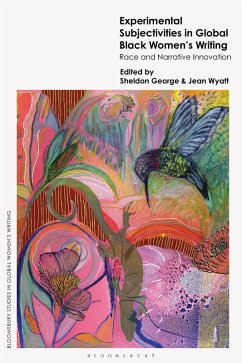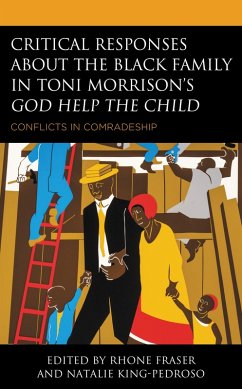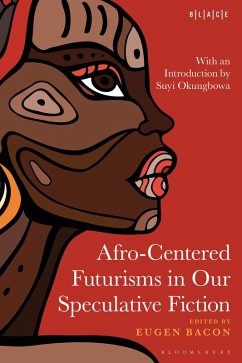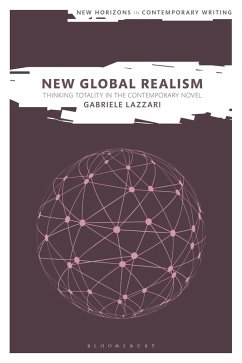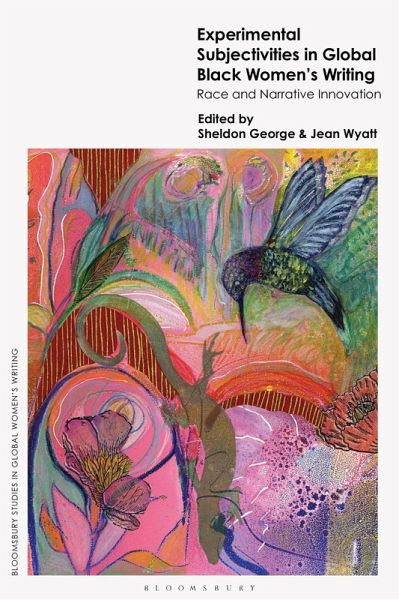
Experimental Subjectivities in Global Black Women's Writing (eBook, ePUB)
Race and Narrative Innovation
Redaktion: George, Sheldon; Wyatt, Jean
Versandkostenfrei!
Sofort per Download lieferbar
74,95 €
inkl. MwSt.
Weitere Ausgaben:

PAYBACK Punkte
37 °P sammeln!
In what innovative ways do novels by diasporic Black women writers experiment with the representation of Black subjectivity? This collection explores the inventiveness of contemporary Black women writers - Black British, African, Caribbean, African American - who remake traditional understandings of blackness. As the title word "experimental" signals, these essays foreground the narrative form and stylistic innovations of the black-authored novels they analyze. They also show how these experiments with form mirror the novels' convention-breaking experiments with reimagining Black female subjec...
In what innovative ways do novels by diasporic Black women writers experiment with the representation of Black subjectivity? This collection explores the inventiveness of contemporary Black women writers - Black British, African, Caribbean, African American - who remake traditional understandings of blackness. As the title word "experimental" signals, these essays foreground the narrative form and stylistic innovations of the black-authored novels they analyze. They also show how these experiments with form mirror the novels' convention-breaking experiments with reimagining Black female subjectivities. While each novel, of course, represents the complexities of diasporic experiences differently, some issues emerge that are broadly shared not just within a regional group, but across geographical borders. One feature of the collection is a comparative look at such linking themes across borders, under the rubrics: a return to precolonial systems of belief, reinventions of mothering, relational subjectivities, memory, history and haunting, and posthumanist revaluations. These themes take different shapes across the multitude of diverse cultures studied in this book. But together they establish a pan-global imaginative practice.




